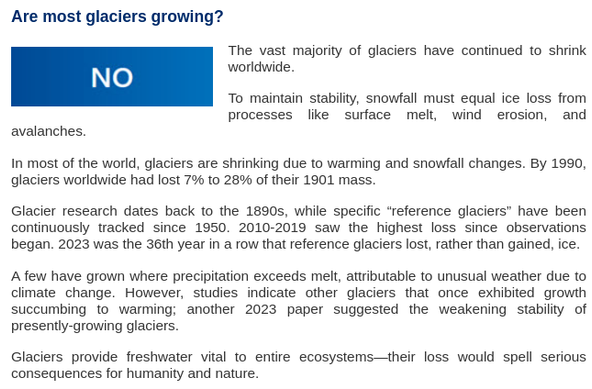We continue our collaboration with #Gigafact, another non-profit with a specialized mission: provide impoverished newsrooms with brief, plain language #ClimateMythDebunkings ready to drop into news coverage.
Here's the latest output, covering #SeaLevelRise.
Sea level is fairly easy fodder for creating confusion; the behavior of sea level varies broadly depending on where on our #geoid one measures. A noisy signal but with a clear broad trend.
